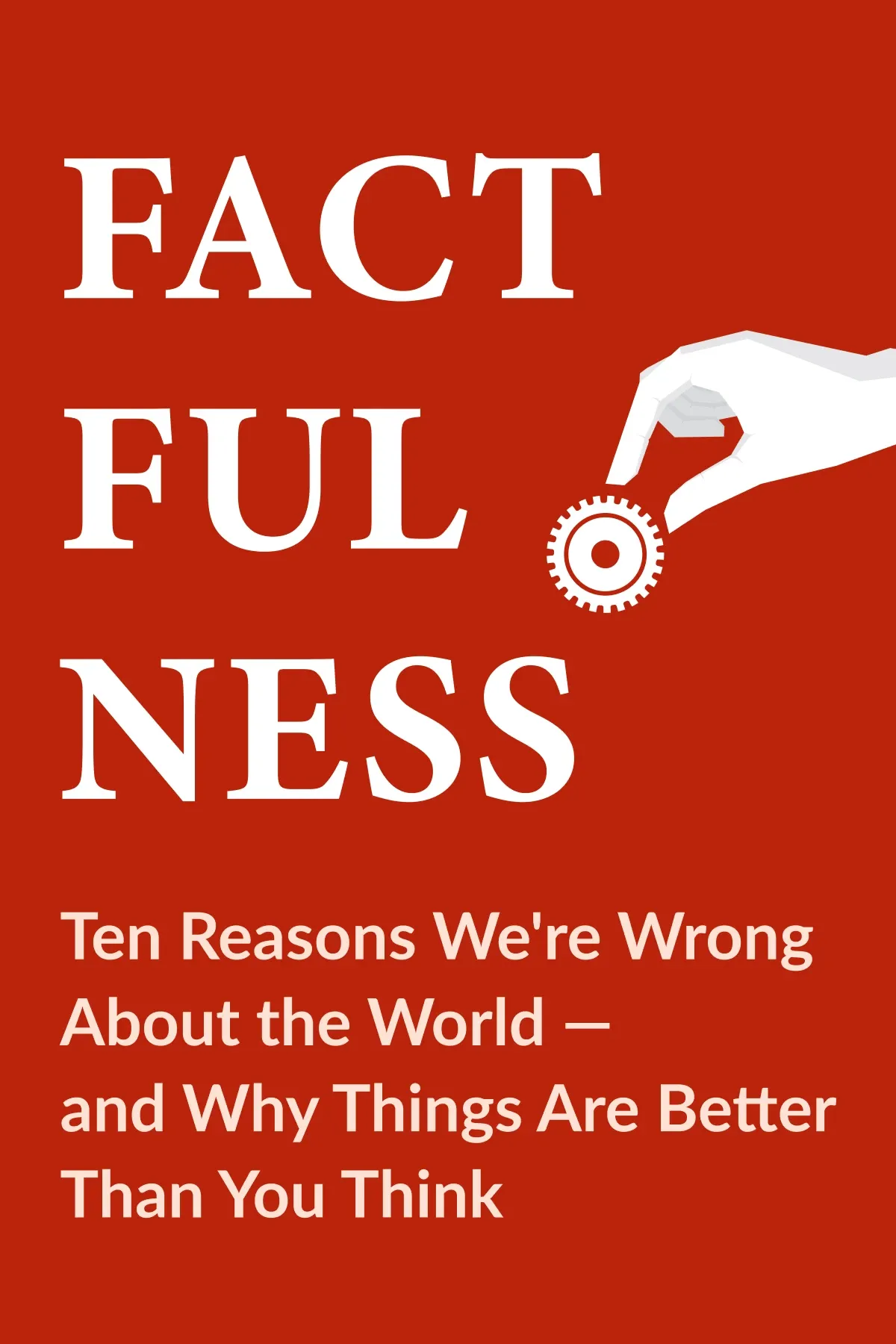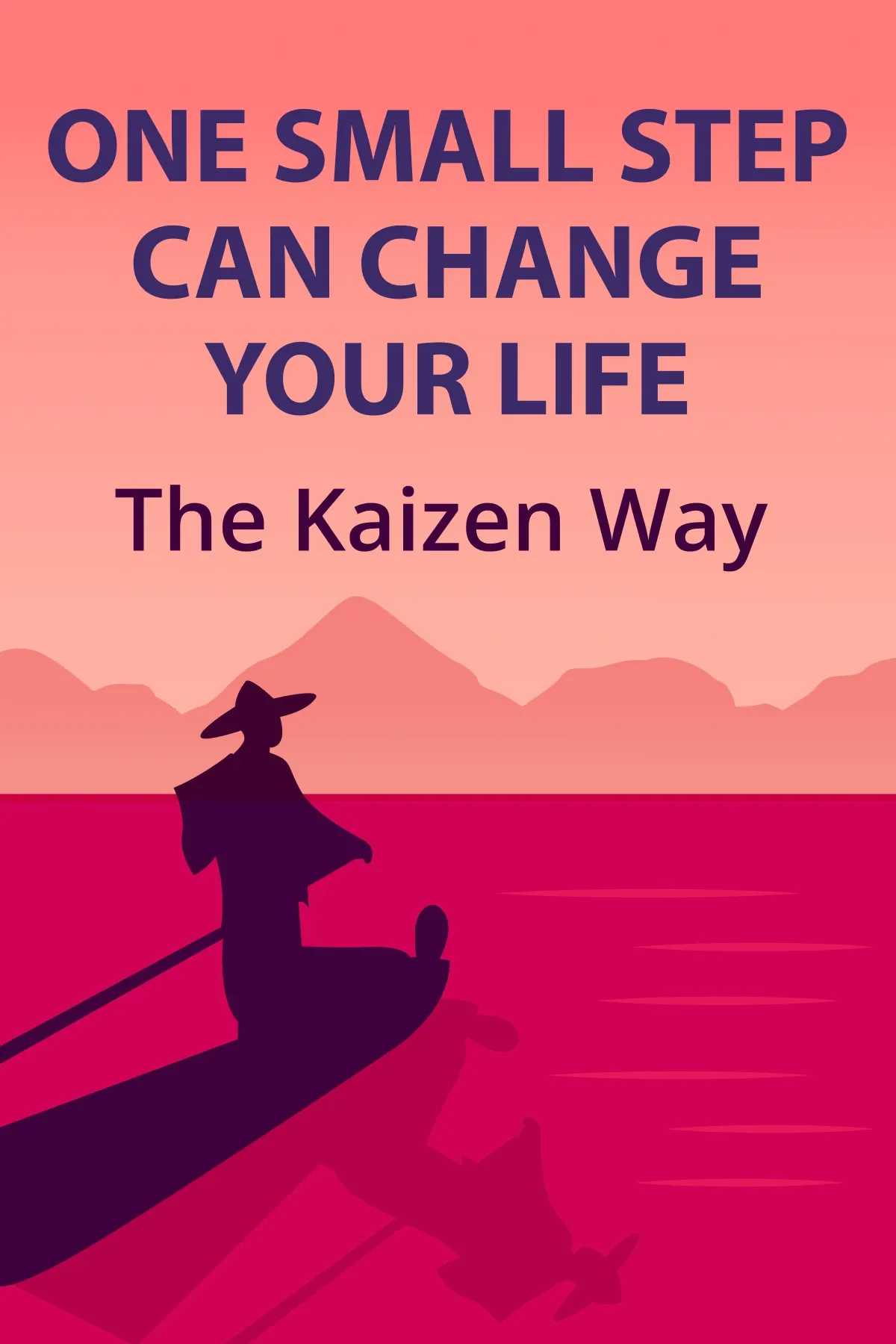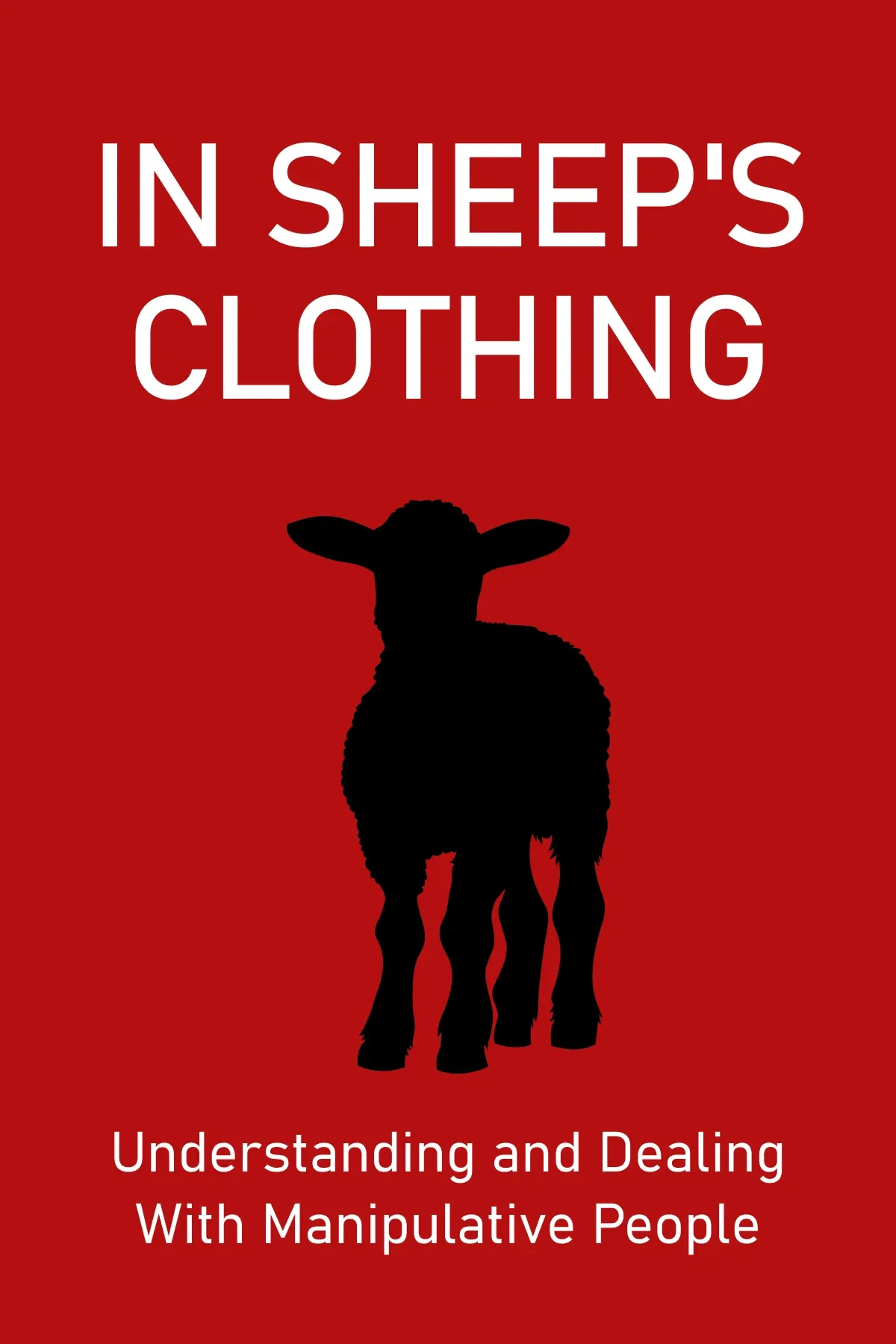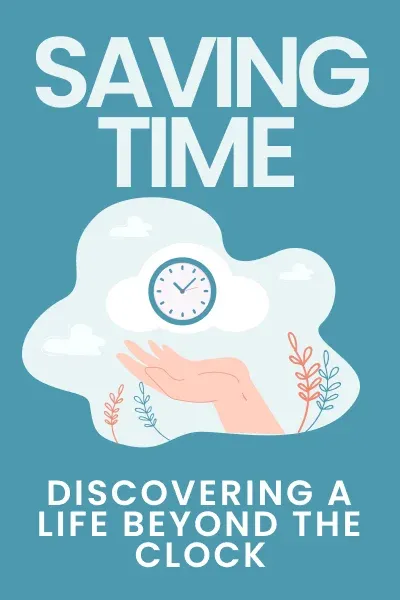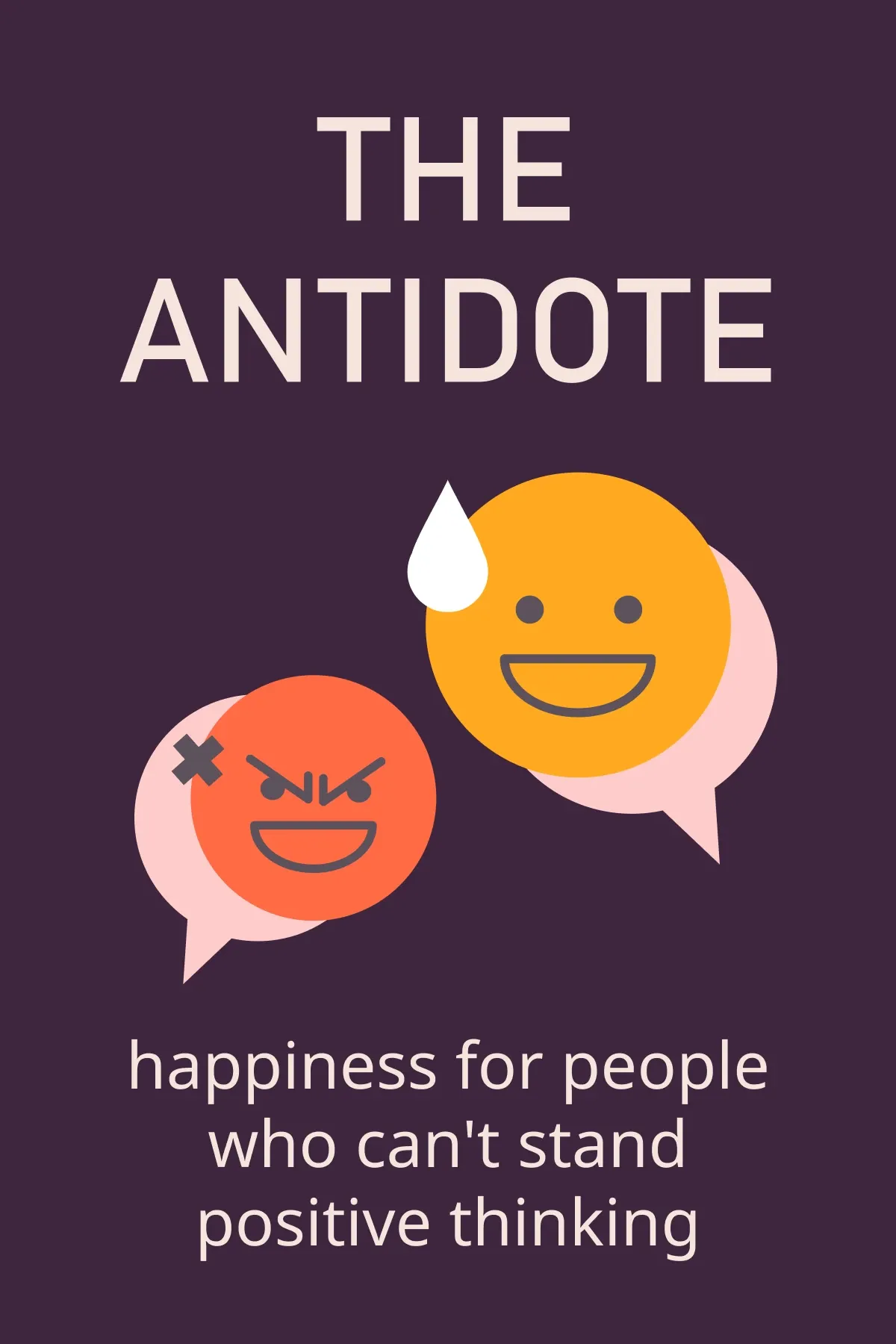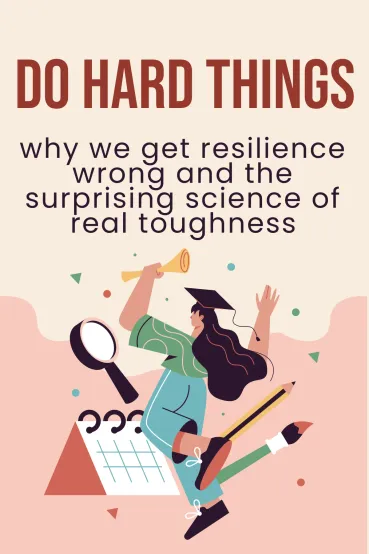
Do Hard Things
Brief Summary
“Do Hard Things” (2022) explores the relationship between self-understanding, emotional management, and resilience. It proposes mindfulness as a technique to reduce distress and improve emotional health. The book demonstrates how these interconnected elements can foster intrinsic motivation, facilitating post-traumatic growth and long-term achievement.
Key points
Key idea 1 of 5
True strength may not be what you think. It's not about being an emotionless gladiator or a stoical warrior. That's an image, an illusion. Often, it can hinder the development of authentic, long-lasting resilience. Let's take a moment to redefine this concept.
Realistic recognition of your abilities is vital for growth, as found in a study of elementary school students. Those who overestimated their reading capabilities chose books far too complex for them. Discouragement set in as they quickly gave up on these overly ambitious reading tasks. They even lacked the motivation to try another book. However, students with a realistic understanding of their skills consistently improved. This progress was noticeable over time.
A common misconception is that power is all about maintaining a particular image. This image is one of unwavering endurance and proficiency. The problem is when our high-flying dreams don't match reality. You might tell yourself that you can master Mandarin in six months. But when you're still struggling with the basics half a year later, frustration sets in, potentially leading to surrender.
Aligning expectations with reality isn't always easy, but it's crucial for success. Acknowledging that learning a new language may take years may not feel immediately empowering. However, when expectations match reality, you're more likely to succeed. Honesty with yourself propels you towards your goals. Besides, it boosts stamina and effectiveness over time.
Confronting reality involves setting personal goals that reflect your true interests. When maintaining an image becomes a priority, goals often revolve around seeking applause. This can divert them from genuine passion and make achieving more challenging.
Consider the example of Alice. She always tried to be an ideal corporate lawyer, keeping up an image that made her family happy. However, she had a soft spot for painting, often drowned in ignored doubts and fears. One day, she found herself unable to pretend anymore. She assessed her capabilities and acknowledged her insecurities. Courageously, she chose to chase her passion for art. Her goals were no longer about gaining applause but expressing herself genuinely. This freedom was far more rewarding than any courtroom victory. Confronting this reality was challenging, but every brush stroke was a step toward her real self.
FAQ
You may also like these summaries


